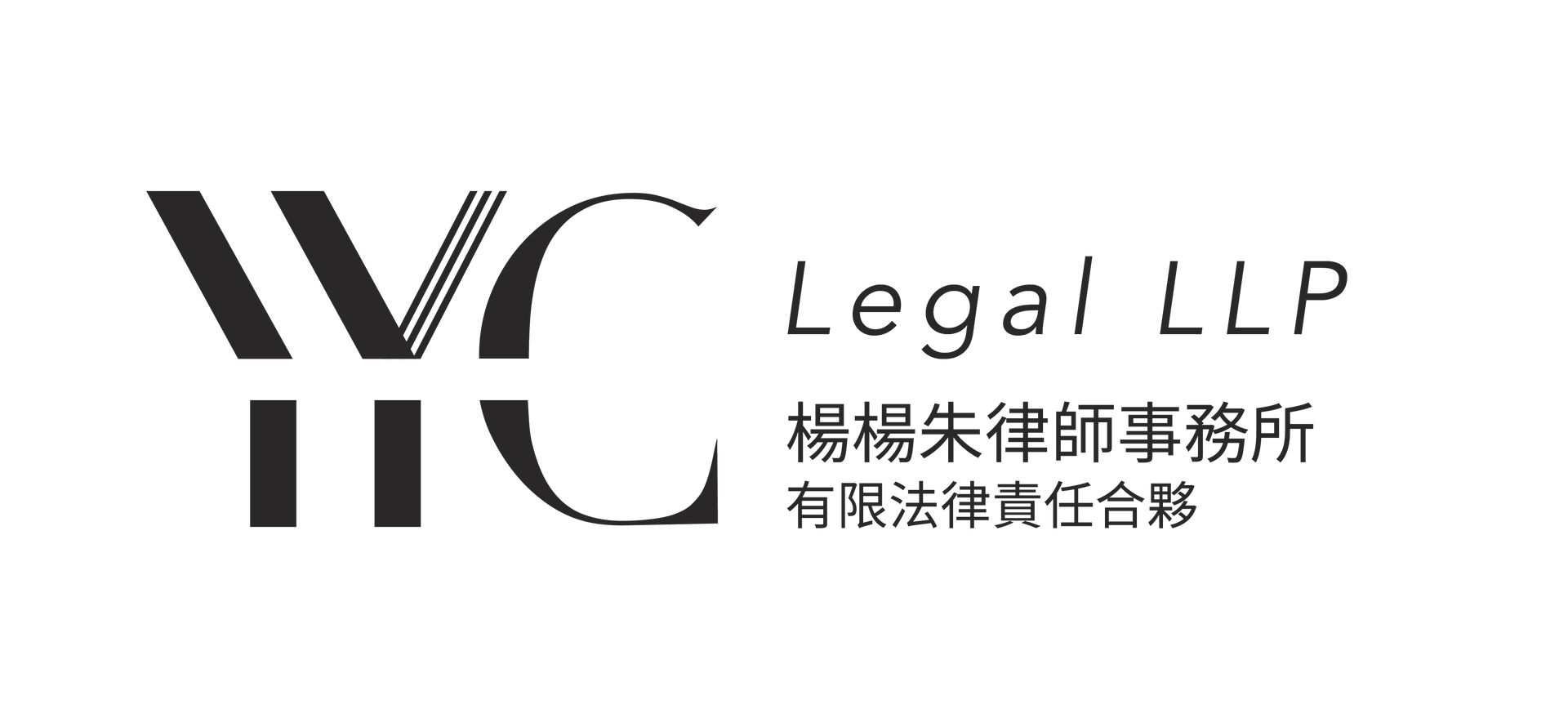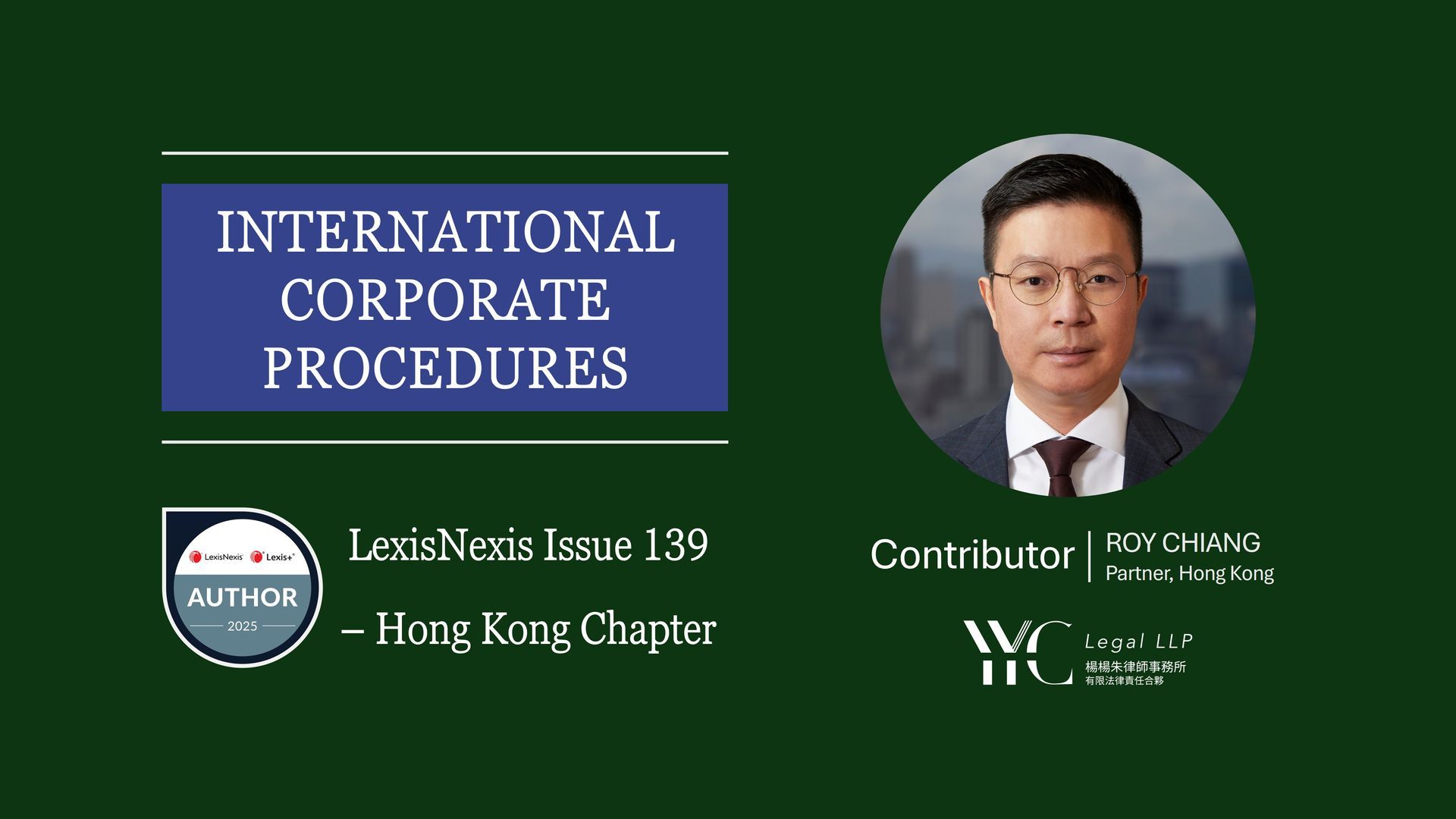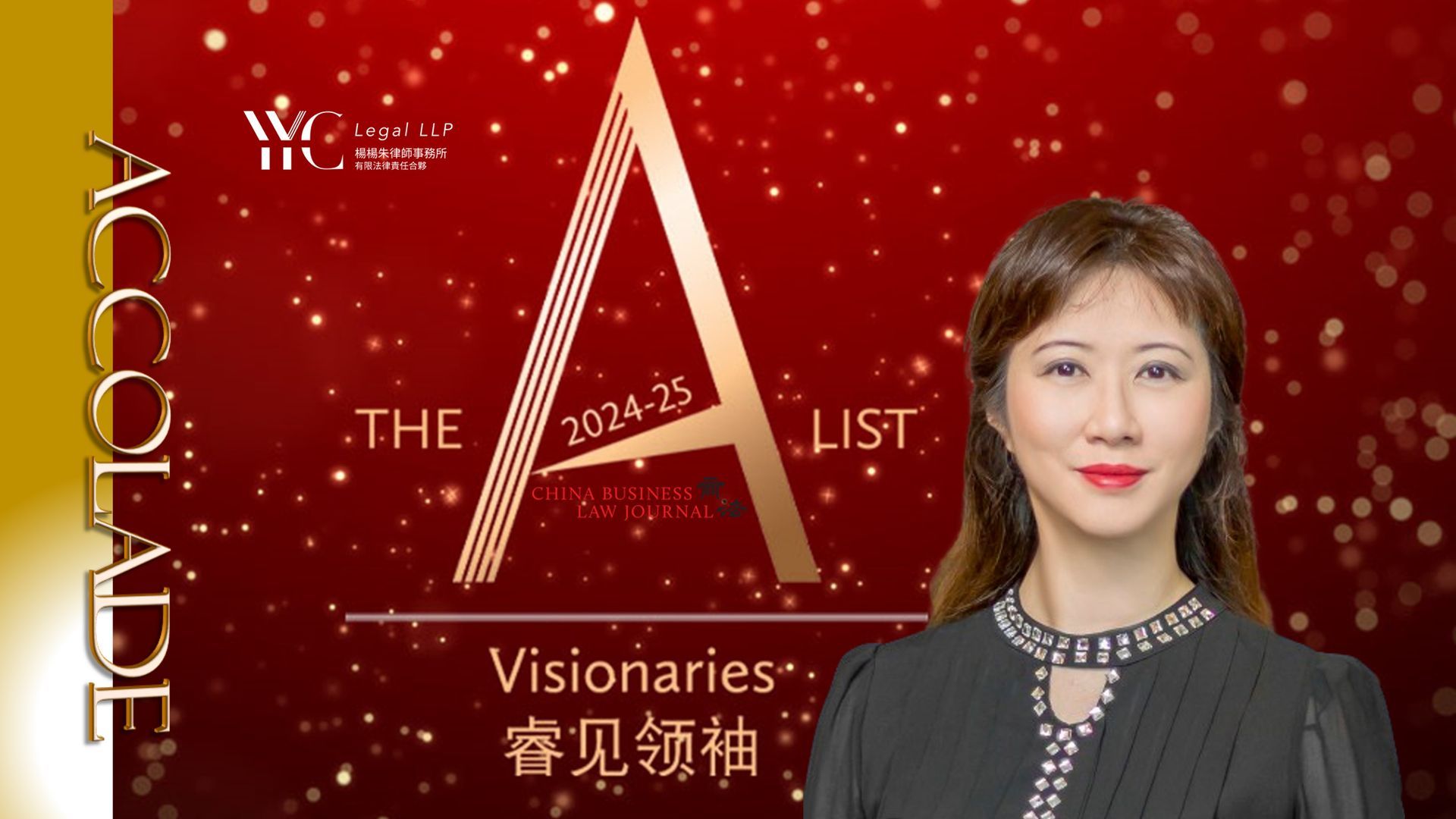
Address
China Resources Building, Wan Chai District, Hong Kong Hong Kong SAR
Get in touch
Proposed Regulatory Regime for Stablecoin Issuers in Hong Kong: An Overview
Proposed Regulatory Regime for Stablecoin Issuers in Hong Kong: An Overview
Hong Kong is taking significant strides towards establishing a comprehensive regulatory framework for stablecoin issuers. The Financial Services and the Treasury Bureau (“FSTB”) and the Hong Kong Monetary Authority (“HKMA”) jointly issued a consultation paper on 27 December 2023 on the proposed regulatory regime for stablecoin issuers in Hong Kong (“Consultation Paper”) and jointly published the consultation conclusions on 17 July 2024 (“Consultation Conclusions”) following the end of the two-month consultation period.
This article summarises the key aspects of the legislative proposal, including the scope and coverage of the proposed regulatory regime, the licensing criteria and conditions and the powers granted to the HKMA.
Scope and Coverage
Definitions of “stablecoin” and “fiat-referenced stablecoin” (“FRS”)
In the Consultation Paper, “stablecoin” is defined as a cryptographically secured digital representation of value that, among other things, —
(a) is expressed as a unit of account or a store of economic value;
(b) is used, or is intended to be used, as a medium of exchange accepted by the public, for the purpose of payment for goods or services; discharge of a debt; and/or investment;
(c) can be transferred, stored or traded electronically;
(d) uses a distributed ledger or similar technology that is not controlled solely by the issuer; and
(e) purports to maintain a stable value with reference to a specified asset, or a pool or basket of assets.
“FRS” is defined as a stablecoin where the specified asset is one or more fiat currencies.
The respondents to the Consultation Paper generally agree to the proposed definitions. The proposed exclusion of certain financial instruments that are already covered by existing regulatory regimes (such as deposits, authorised collective investment schemes, authorised structured products, float stored in stored value facilities, etc.) from the definition of “stablecoin” has also received broad consensus.
Considering that the proposed regulatory regime intends to primarily focus on representations of value which rest on ledgers that are operated in a decentralised manner, it is concluded in the Consultation Conclusions that limb (d) of the definition of “stablecoin” will be amended to specify that the stablecoins subject to the proposed regulatory regime are those “operated on a decentralised distributed ledger or similar technology”. A “decentralised distributed ledger” refers to a distributed ledger in which no person has the unilateral authority to control or materially alter its functionality or operation.
Scope of regulated activity
It is proposed in the Consultation Paper that the regulatory regime will prioritise regulation of FRS issuance activity, considering that FRS has a higher potential to be used as a commonly acceptable means of payment, as compared with other types of virtual assets. A significant majority of respondents agree with this approach.
With regard to what constitutes an “issuance” activity, it is clarified in the Consultation Conclusions that it is generally decided on a case-by-case basis with respect to specific facts and circumstances. Further guidelines will be issued upon the implementation of the regulatory regime to provide further guidance to the industry.
Regulatory Framework
In the Consultation Paper, it is proposed that under the proposed licensing regime for FRS issuers, no person shall:
(i) issue, or hold oneself out as issuing, an FRS in Hong Kong;
(ii) issue, or hold oneself out as, issuing a stablecoin that purports to maintain a stable value with reference to the value of the Hong Kong dollar; or
(iii) actively market its issuance of FRS to the public of Hong Kong;
unless it is a company that holds an FRS issuer licence granted by the HKMA.
“Actively market” may include frequently calling on members of the Hong Kong public and marketing their services and running a mass media programme or Internet activities targeting the Hong Kong public, etc.
The proposed scope of the regulatory regime is generally agreed. On the question of how to determine whether a person is “actively marketing” an issuance of FRS to the Hong Kong public, it is clarified in the Consultation Conclusions that the HKMA will take into account multiple factors such as the language used in the marketing messages, whether the messages are targeted at people that resides in Hong Kong and whether a Hong Kong domain name is used for its website, etc.
Licensing Criteria and Conditions
Under the proposed regulatory regime, any person who issues FRS in Hong Kong will be required to obtain a licence from the HKMA. Some of the key licensing criteria and conditions as proposed in the Consultation Paper (and modified in the Consultation Conclusions, if applicable) are broadly summarised below:
- Full backing: The FRS issuer must ensure that the value of the reserve assets backing an FRS is at least equal to the par value of the FRS in circulation at all times.
- Investment limitations: The reserve assets must be of high quality and high liquidity with minimal market, credit and concentration risk.
- Segregation and safekeeping of reserve assets: The FRS issuer must ensure that the reserve assets are segregated from other assets and are available to satisfy FRS holders’ redemption as well as their legal right and priority claim of the reserve assets in the event of the FRS issuer’s insolvency.
- Risk management and controls: The FRS issuer must formulate adequate policies, guidelines and controls for the proper management of all investment activities associated with the management of the reserve assets. The FRS issuer must also ensure that there will be sufficient funds and liquid assets to meet the requests for redemption of FRS in circulation.
- Disclosure and reporting: The total amount of the FRS in circulation, the mark-to-market value of reserve assets and the composition of reserve assets must be disclosed regularly to the general public. The HKMA will further discuss with the industry to confirm and provide more detailed disclosure requirements.
- Prohibition on paying interest: Any income or loss from the reserve assets (such as interest payments, dividends or capital gains or losses) must be attributed to the FRS issuer. The FRS issuer must not pay any interest to FRS users.
- Effective stabilisation: The FRS issuer must be ultimately responsible for ensuring the effective functioning of the stabilisation mechanism of the FRS it issues, even if third parties are engaged.
- Redemption requirements: FRS users should have the right to redeem their FRS at par value with the FRS issuer and have a claim on the reserve assets or (if the FRS issuer is not able to meet redemption obligations) the FRS issuer. Any redemption requests must be processed without undue costs on a timely basis and without any unreasonable condition. It is concluded in the Consultation Conclusions that the HKMA, under normal circumstances, will require the FRS issuer to fulfil a redemption request within one business day after the day of receipt of such redemption request.
- Restriction on business activities (not applicable to authorised institutions which are already subject to the supervision of the HKMA (“AIs”)): The FRS issuer must seek the HKMA’s approval before commencing any new line of business. The FRS issuer should demonstrate to the HKMA that it has adequate resources for the issuance and maintenance of FRS, the new business will not bring significant risks to itself and the new business activities will not impair its ability to perform its functions as an FRS issuer.
- Physical presence in Hong Kong (not applicable to AIs): The FRS issuer must be a company incorporated in Hong Kong and have a Hong Kong registered office. Its chief executive, senior management team and key personnel must be based in Hong Kong.
- Financial resources requirements (not applicable to AIs): The FRS issuer must have adequate financial resources for operating its FRS issuance business. In the Consultation Conclusions, it is concluded that the HKMA will impose a minimum paid-up share capital requirement of either (i) HKD25,000,000; or (ii) 1% of the par value of FRS in circulation, whichever is higher.
- Disclosure requirements: The FRS issuer must publish a white paper to disclose information such as the FRS issuer’s general information, the rights and obligations of the FRS users, the FRS stabilisation mechanism, etc. The FRS issuer must notify the HKMA before such publication.
- Governance, knowledge and experience: Controllers, chief executives and directors of the FRS issuer must be fit and proper persons and their appointment and any changes in ownership or management of the FRS issuer would require the prior consent of the HKMA. The FRS issuer must also have a robust corporate governance structure and personnel with the necessary knowledge and experience to enable the effective discharge of responsibilities.
- Audit requirements: The FRS issuer must submit audited financial statements to the HKMA each year.
- Anti-Money Laundering and Counter-Financing of Terrorism requirements: The design and implementation of the FRS issuer’s issuance business must have in place adequate and appropriate systems of control for preventing or combating possible money laundering and terrorist financing activities.
Powers of the HKMA
In the Consultation Paper, it is proposed that the HKMA should be vested with the appropriate supervisory powers on licensed FRS issuers such as the power to intervene in the operations of a licensed FRS issuer where the circumstances so warrant, the power to request information or documents from licensees, the power to conduct on-site examinations at the premises of licensees, the power to direct licensees to take action to bring them into compliance with the statutory obligations and the power to make regulations and issue guidelines under the proposed legislative framework, etc.
It is also proposed in the Consultation Paper that the HKMA should be empowered to conduct investigations where it has reasonable cause to believe that an offence under the proposed regulatory regime may have been committed.
The respondents are generally supportive of the proposed supervisory and investigation powers of the HKMA and as such the proposal will be taken forward accordingly.
Way Forward
The regulatory proposal outlined in the Consultation Paper and the Consultation Conclusions reflect Hong Kong’s commitment to fostering a secure, robust and transparent environment for FRS issuance and providing adequate protection to FRS users while maintaining Hong Kong’s status as an international financial centre and promoting innovation within the evolving landscape of digital finance.
It is indicated in the Consultation Conclusions that a bill will be prepared and introduced into the Legislative Council later this year to implement the proposed stablecoin regulatory regime. The HKMA will also issue licensing and supervisory guidelines to facilitate applicants’ understanding of, and compliance with, the relevant requirements thereunder.
YYC Legal LLP is in Association with East & Concord Partners (Hong Kong) Law Firm.
This material has been prepared for general informational purposes only and is not intended to be relied upon as professional advice. Please contact us for specific advice.
Recent articles

Recent News
How can we help?
All Rights Reserved | YYC Legal LLP
in Association with
East & Concord Partners (Hong Kong) Law Firm
















